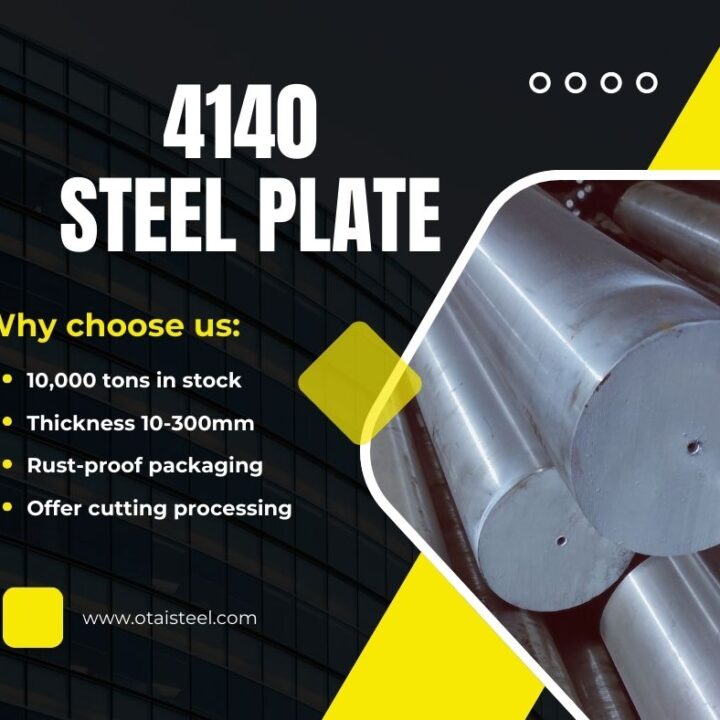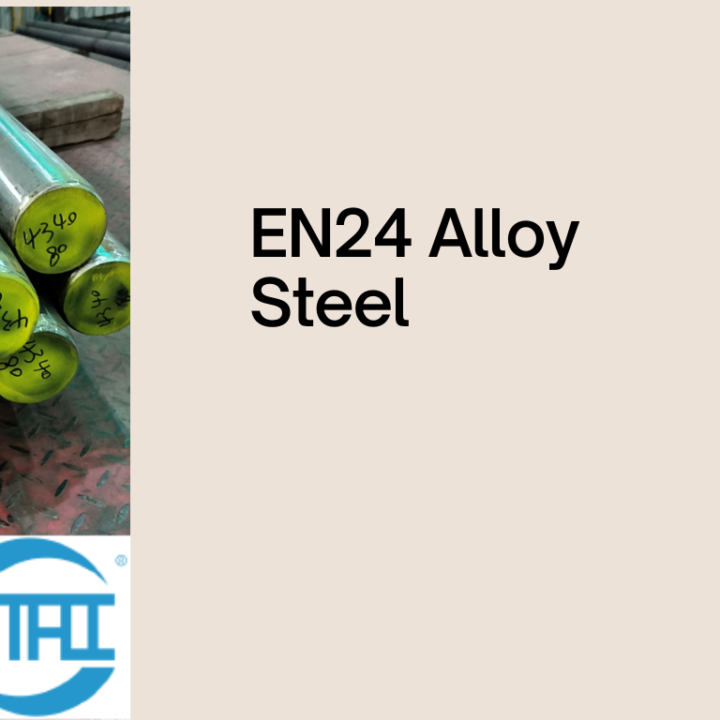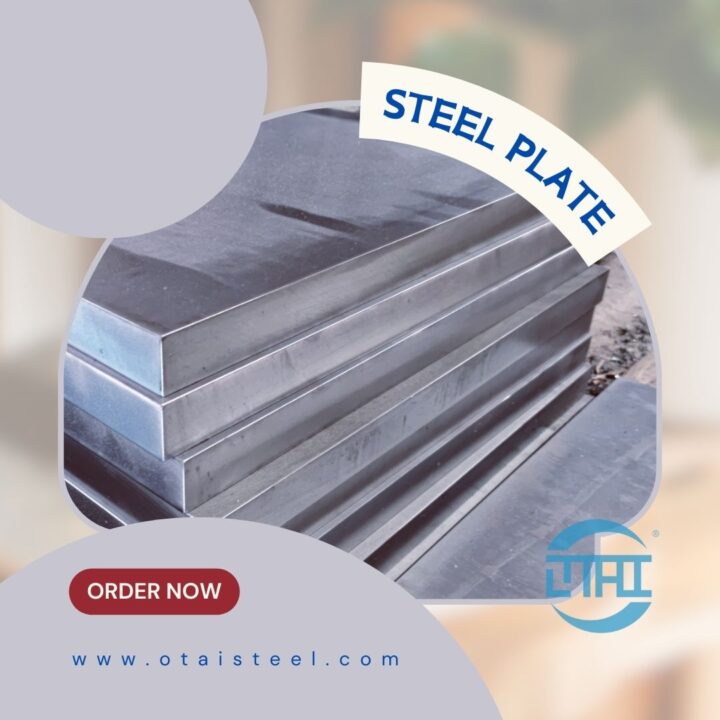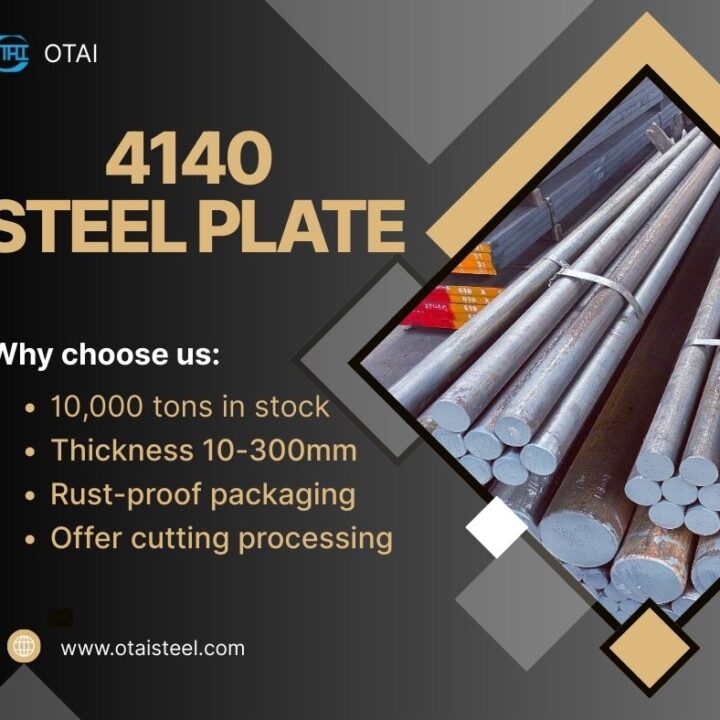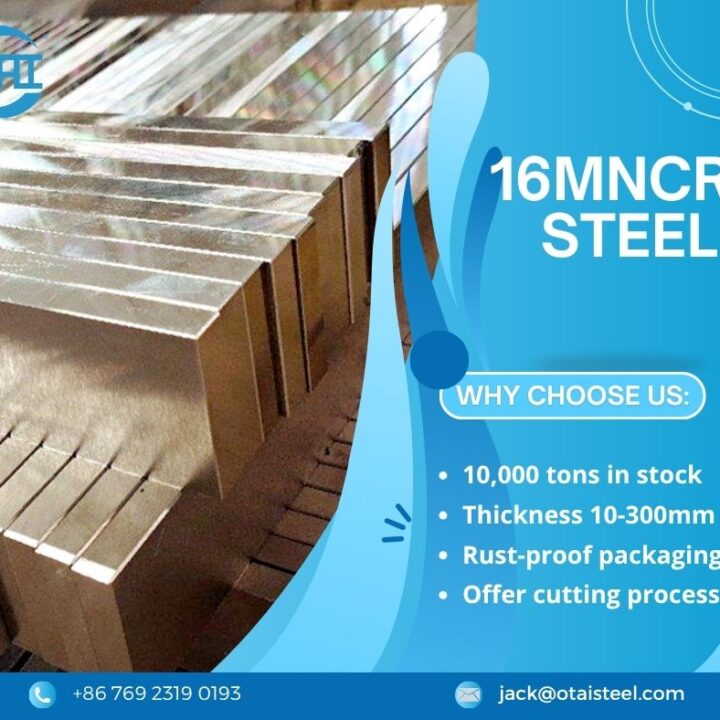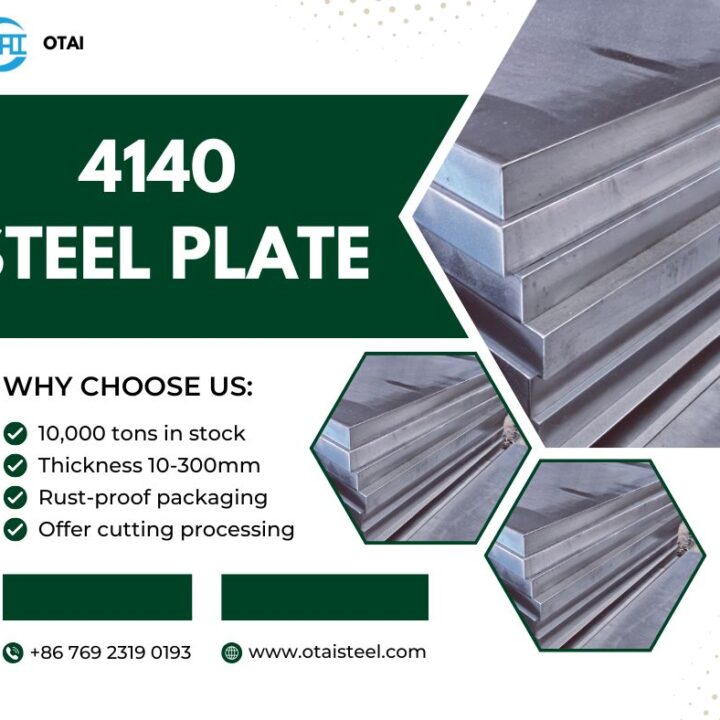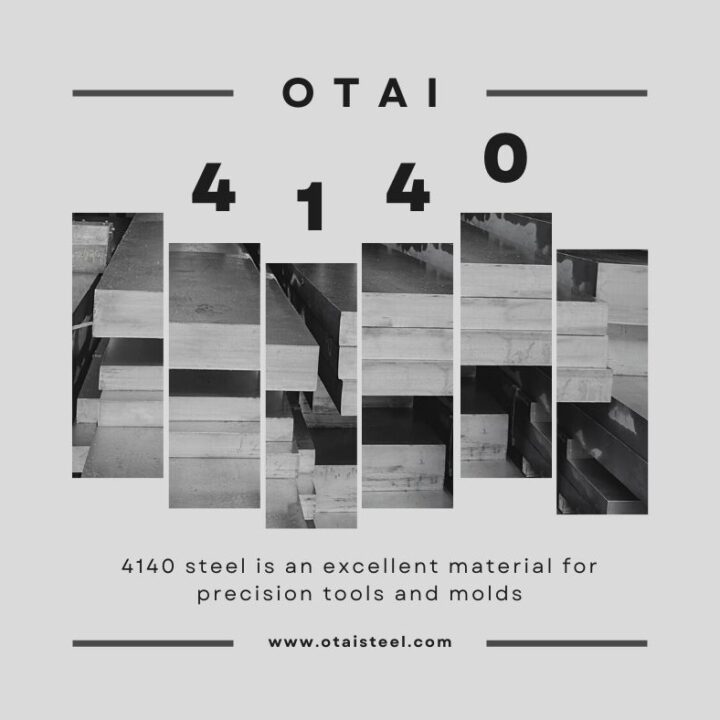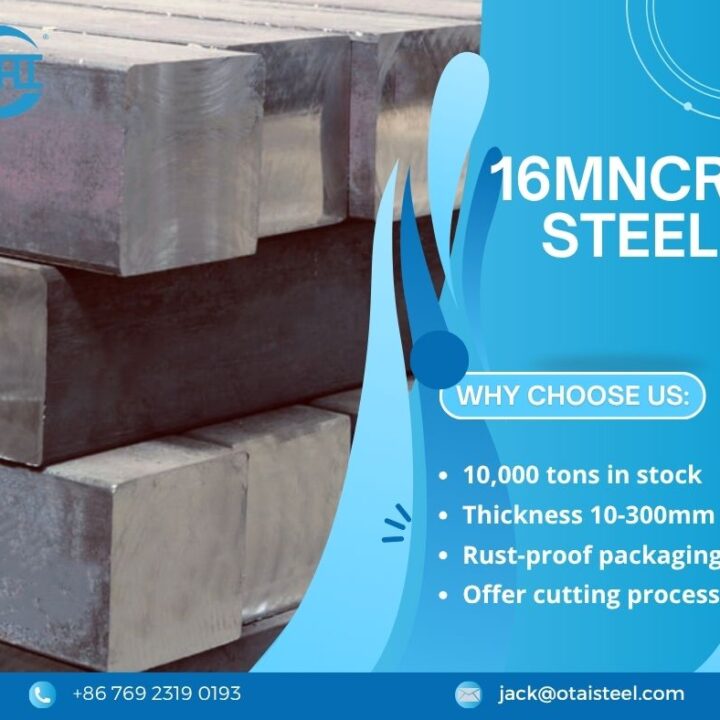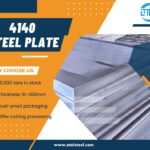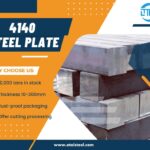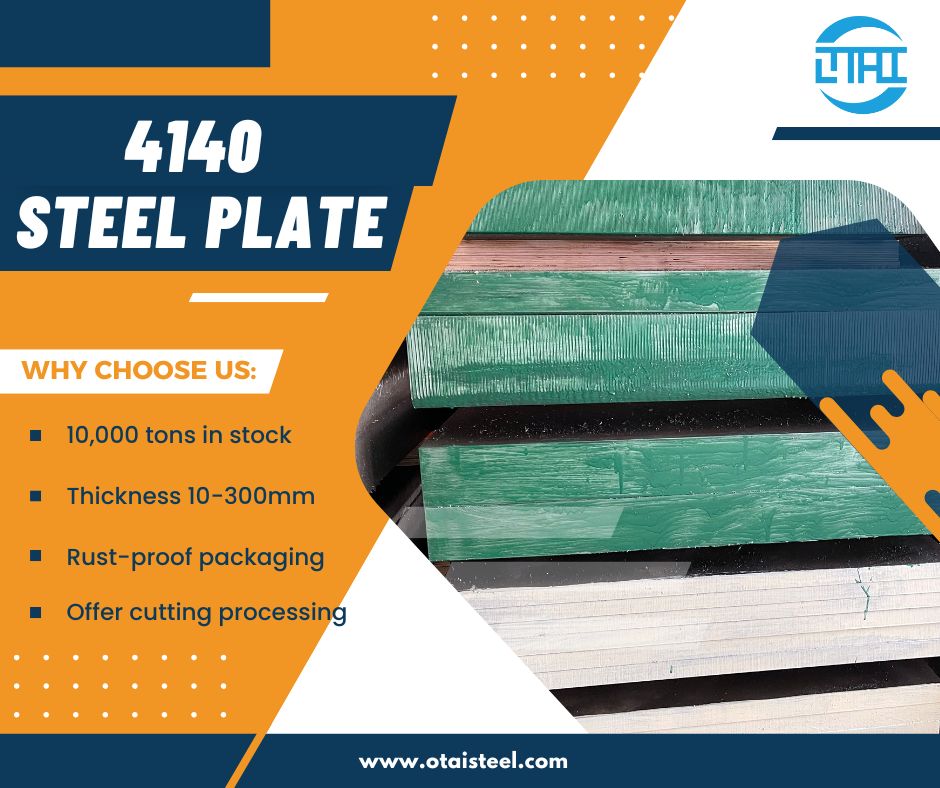 How strong is 4140 steel: Real Strength & Why It Matters
How strong is 4140 steel: Real Strength & Why It Matters
If you’ve ever wondered, “Is 4140 steel really that strong?” — you’re not alone! Tons of engineers, machinists, and buyers ask this all the time. So let’s break it down in a clear, friendly way and get to the heart of what makes 4140 steel such a favorite in tough jobs.
⚙️ What’s Special About 4140 Steel?
First off, 4140 is a chromium-molybdenum alloy steel, which basically means it has some extra elements mixed in to give it better strength, toughness, and wear resistance than your average carbon steel.
Think of it like this — 4140 steel is the “athlete” of steels. It can take a beating, bounce back, and keep on working hard. It’s used everywhere from automotive shafts to heavy machinery parts, because it handles stress and shock like a champ.
🔥 How Strong Is 4140 Steel, Really?
Alright, let’s talk numbers — but no boring textbook style, promise!
-
Tensile Strength: This tells us how much pulling force 4140 steel can take before snapping. Heat treated 4140 usually ranges from 90,000 to 115,000 psi (or about 620 to 790 MPa if you’re into metric). That’s some serious muscle.
-
Yield Strength: The point where the steel starts to permanently deform (bend or stretch). For 4140, that’s around 60,000 to 95,000 psi (about 415 to 655 MPa). This means it can take a lot of force before it stops acting like a spring and starts to bend.
🛠️ What Makes 4140 Steel This Strong?
The magic happens in two places:
-
Chemistry: With 0.38-0.43% carbon and alloying elements like chromium and molybdenum, 4140 steel can be heat treated to get a perfect combo of hardness and toughness.
-
Heat Treatment: Quenching and tempering (Q&T) is where the real power shows up. This process rapidly cools the steel and then reheats it just enough to reduce brittleness, leaving you with a steel that’s hard and tough.
Without heat treatment? It’s still good, but nowhere near its peak strength.
🌟 Real Talk: Where Does 4140 Shine?
-
Automotive Parts: Think about crankshafts and gears. These parts get spun, twisted, and slammed constantly. 4140 steel’s strength means they won’t snap or wear out quickly.
-
Industrial Machinery: Pins, shafts, couplings — all subjected to heavy loads and cycles. 4140 resists fatigue and keeps machines running longer.
-
Oil & Gas Industry: Drill collars made of 4140 steel handle underground pressures and tough environments without breaking a sweat.
📊 Quick Strength Comparison Chart
| Steel Grade | Tensile Strength (MPa) | Yield Strength (MPa) | Hardness (HRC) |
|---|---|---|---|
| 4140 Steel (Q&T) | 620 – 790 | 415 – 655 | 28 – 32 |
| 1045 Carbon Steel | 570 – 700 | 310 – 460 | 20 – 25 |
| A36 Structural Steel | 400 – 550 | 250 – 350 | 10 – 20 |
| 4340 Alloy Steel | 745 – 930 | 570 – 720 | 32 – 38 |
You can see 4140 stands out over regular carbon steel — making it a great “go-to” alloy when strength matters.
⚠️ Important: Strength Isn’t Everything
Here’s a tip — while 4140 steel is strong, it also balances toughness and fatigue resistance. This means it’s less likely to crack or fail suddenly under repeated stress. That’s why it’s popular for parts that experience constant bending or impact.
Plus, it’s still machinable and weldable (with proper pre- and post-heat treatments), which makes it flexible for manufacturing.
🧩 So, Should You Pick 4140 Steel?
If your project calls for a steel that’s tough, strong, and reliable under stress, 4140 is a fantastic choice.
Just remember:
-
If you want max strength, get it quenched and tempered.
-
For easier machining or forming, consider annealed or normalized conditions.
-
It’s great for shafts, gears, automotive parts, heavy equipment, and more.
🌟 Why Otai Steel Is Your Best Partner for 4140 Steel
At Otai, we get it — your parts need to perform flawlessly every time. That’s why we offer:
- A huge stock of 4140 steel in sizes from 6mm to 300mm thick
- Customized cutting and heat treatments like annealing and Q&T
- Full testing with chemical analysis and ultrasonic inspection
- Expert advice for choosing the right steel condition
- Reliable shipments worldwide to clients like Thyssenkrupp and Schlumberger
❓ FAQs on 4140 Steel Strength
Q: What is the tensile strength of 4140 steel?
A: Between 90,000 and 115,000 psi after heat treatment.
Q: Can 4140 steel be heat treated for better strength?
A: Yes! Quenching and tempering is the key.
Q: Is 4140 steel good for high-stress parts?
A: Definitely. It’s used in automotive, aerospace, and oil & gas sectors.
Q: How does 4140 compare to 1045 steel?
A: 4140 is stronger, tougher, and more wear-resistant.
Q: Is 4140 steel weldable?
A: Yes, with proper preheat and post-weld heat treatment.
If you want to chat more about 4140 steel or get a quote, reach out anytime!
📧 jack@otaisteel.com
📱 WhatsApp: +8676923190193
